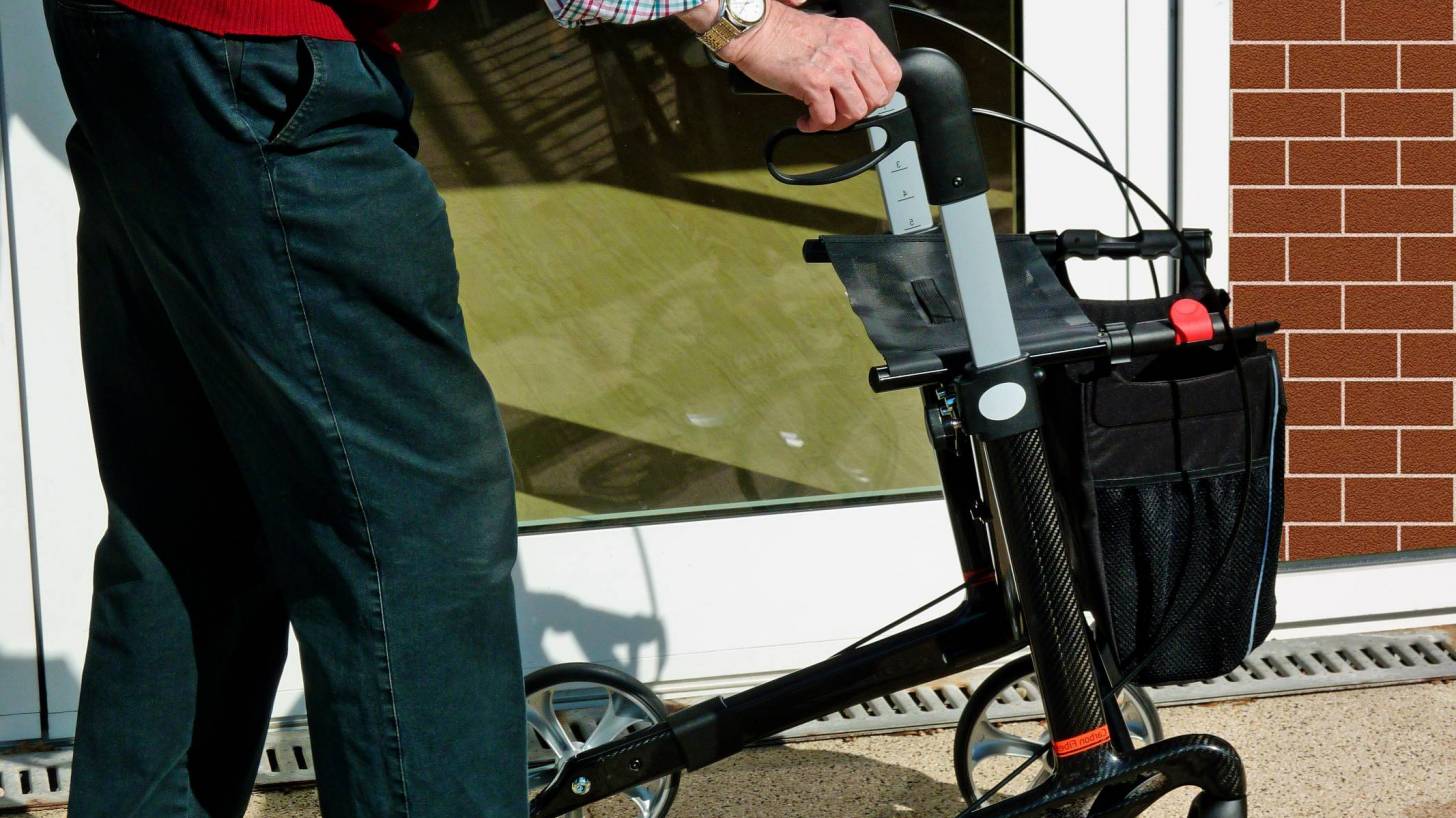Do COVID-19 Vaccines Wane?

The University College London (UCL) stated in a press release, ‘total antibody levels generated by COVID-19 vaccines appear to start declining from as early as six weeks after complete vaccination.’ The median age of the people was 86, and the study is about a single vaccine dose of an English vaccine that is normally two doses.
‘And antibodies can be reduced by more than 50% over ten weeks, according to new data from UCL’s Virus Watch study.’
In this large cohort study in more than 10,000 long-term care facility residents across England, single-dose vaccination with ChAdOx1 (AstraZeneca, Vaxzevria) or BNT162b2 (Pfizer-BioNTech, Comirnaty) was associated with a substantially reduced risk of PCR-positive SARS-CoV-2 infection after 28 days and maintained this protective effect for at least seven weeks.
These UCL researchers estimated vaccine effectiveness to be 56% (95% CI 19–76) at 28–34 days and 62% (23–81) at 35–48 days.
Beyond this time, there was insufficient evidence for a protective effect when looking at both vaccines. However, data for BNT162b2, for which there was more person-time at risk available than for ChAdOx1, indicate that a protective effect was maintained beyond seven weeks.
‘We have only evaluated the effect of the first dose of each vaccine. Still, our findings constitute some of the earliest evidence on the real-world effectiveness of COVID-19 vaccines in long-term care facility residents,’ added these researchers.
In addition to the existing trial and observational evidence on vaccine effectiveness against symptomatic disease, these researchers showed that COVID-19 vaccination reduces the total number of infections (asymptomatic and symptomatic) in older adults, and therefore, overall SARS-CoV-2 coronavirus transmission.
An effect of vaccination on transmissibility is further supported by our finding of higher Ct values in infections occurring after vaccination, which are in line with those from large Israeli and UK cohorts.
This finding implies that residents with post-vaccination breakthrough infections have a lower potential for transmission than unvaccinated residents with a virus infection.
Although the evidence on single-dose immunogenicity of BNT162b2 in older adults has been mixed, pooled data from four ChAdOx1 trials, including over 950 participants aged 70 years and older, indicated vaccine effectiveness of 63.9% (95% CI 46–75·9) against all infection at 22–90 days after a single dose.
These vaccine effectiveness estimates against all infections are not dissimilar to those from phase 3 efficacy testing of the single-dose Ad26.COV2.S vaccine (Johnson & Johnson Janssen) was 67.9% (95% CI 38·2–82·8) effective against symptomatic COVID-19 at 28 days or more after vaccination in those aged 60 years and older.
This finding suggests any single-dose regimen is likely to provide similar levels of protection from 4 weeks.
In conclusion, single-dose vaccination with either ChAdOx1 or BNT162b reduces the risk of SARS-CoV-2 in older residents in long-term care facilities. Our findings suggest that vaccination also has an effect on SARS-CoV-2 transmissibility by reducing the total number of infections in residents, as well as their infectivity. The protective effect of a single dose of vaccination is evident from 4 weeks to at least 7 weeks after vaccination, which provides some evidence to support extension of the dose interval beyond 3 weeks, in line with UK policy. However, even beyond 4 weeks, a single vaccine dose does not eliminate infection risk, highlighting the continued importance of non-pharmaceutical measures to control transmission within long-term care facilities.
‘Although we found no additional benefit of vaccination in residents with previous natural infection, it remains essential to examine the additional benefits provided to older adults by a second dose of vaccine, particularly in the context of new variants of concern, for which immunological data suggest the importance of a second inoculation,’ stated these researchers.
The study authors note that limitations of the data include a small sample size for some groups and the fact that each individual only contributed one sample, so they cannot yet confirm how quickly antibody levels drop for each individual or whether these would continue to drop or reach a stable level over the next few months.
They also note different people will have different levels of immunity depending on the virus-neutralizing ability of their antibodies and their T-cell responses; even when measurable antibody levels are low, there is likely to be continuing immune memory that could offer long-term protection.
Further research will be essential to establish an antibody level threshold needed for protection against severe disease. The authors will continue to collect and analyze data from a more significant number of participants, following antibody levels in individuals over a more extended period.
UCL Professor Andrew Hayward commented on July 22, 2021, ‘We know vaccines are excellent at preventing severe disease, but they are not perfect, and our data suggest protection will wane over time.’
‘With rapidly increasing COVID-19 rates and predictions of very high rates over the next weeks and months, it is important that those who are clinically vulnerable, whose antibody levels may now have dropped, continue to be cautious.’
“When we are planning vaccination programs globally, we need to take vaccine generated waning immunity and the likely need for booster doses into account.”
The UKRI Medical Research Council funds UCL Virus Watch, and this report is independent research funded by the UK Department of Health and Social Care. The researchers disclosed industry relationships.
PrecisionVaccinations publishes fact-checked research-based vaccine news.
Note: Updated for clarity.
Our Trust Standards: Medical Advisory Committee
- Vaccine effectiveness of the first dose of ChAdOx1 nCoV-19 and BNT162b2 against SARS-CoV-2 infection in residents of long-term c
- Vaccine antibody levels start to wane at around 2-3 months
- Effectiveness of the Pfizer-BioNTech and Oxford-AstraZeneca vaccines on covid-19 related symptoms, hospital admissions, and mort
- Interim findings from first-dose mass COVID-19 vaccination roll-out and COVID-19 hospital admissions in Scotland: a national pro
- CDC: Effectiveness of the Pfizer-BioNTech COVID-19 Vaccine Among Residents of Two Skilled Nursing Facilities Experiencing COVID
























